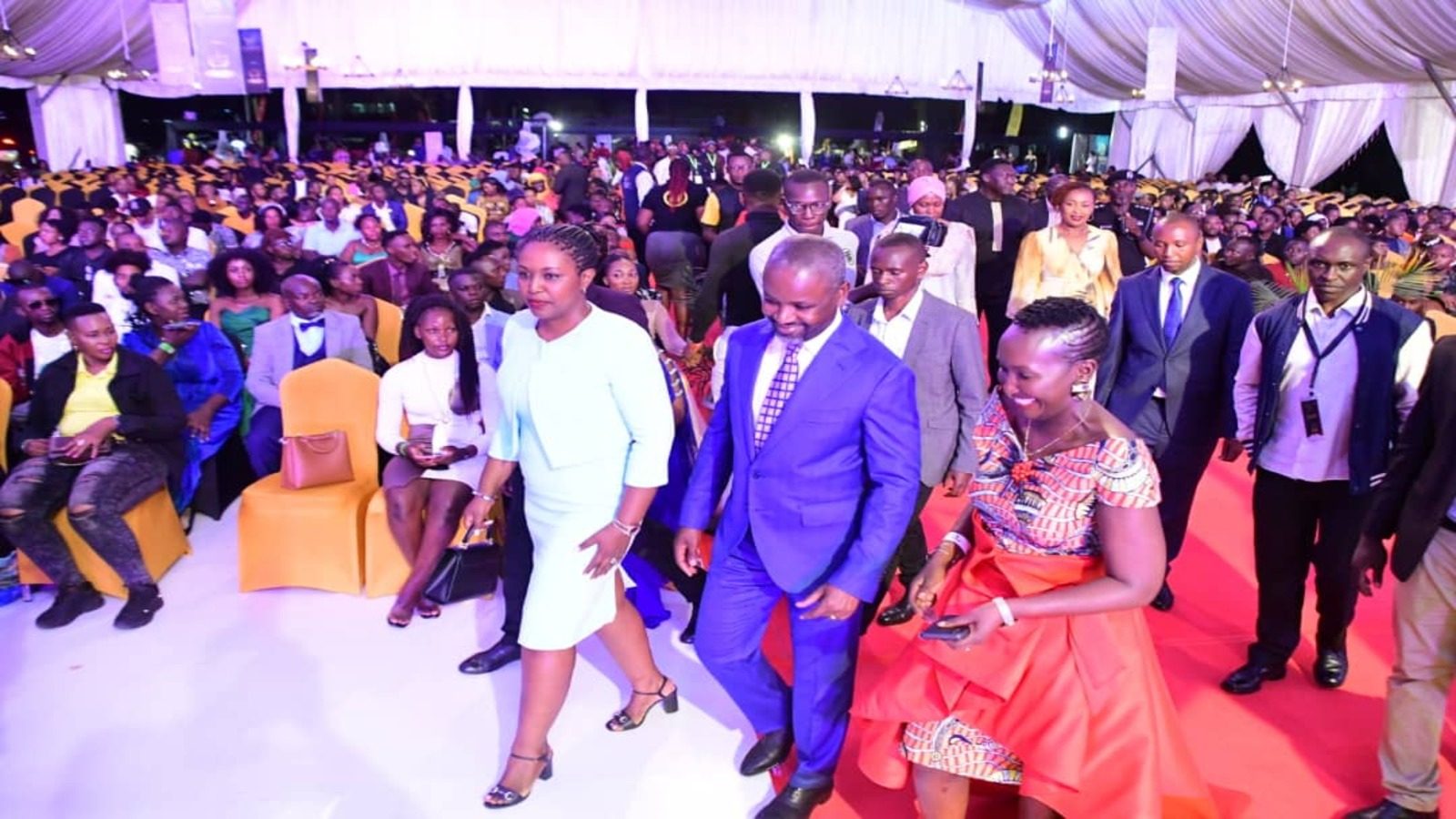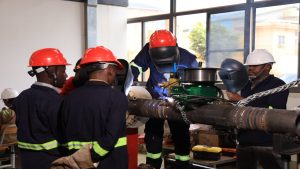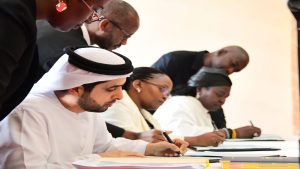Share
Thomas Tayebwa, the deputy speaker of parliament, stated that both domestic and foreign investors are becoming more interested in Uganda’s mining sector, which is expanding gradually.
The statements were made by Tayebwa, the MP for Ruhinda North, on Tuesday, October 1, at the start of the 13th Mineral Wealth Conference, which was held at the Kampala Serena Hotel.
He continued, “This conference is a crucial forum for debating methods for releasing our mineral wealth for sustainable development.”
He mentioned that the Mining and Minerals Act 2022 was passed by Parliament in order to bolster the legal and regulatory foundation for ethical and sustainable mining.
According to Ruth Nankabirwa, the minister of energy, work is being done to put regulations in place that will allow the law to be fully implemented. According to Tayebwa, “As a Parliament, we have determined that laws that assist the business community should take precedence.”
The Mining and Minerals Bill, 2021, which was passed by Parliament on February 17, 2022, received President Yoweri Museveni’s assent on October 13, 2022.
The majority of small-scale miners in the mining subsector do not hold licenses, thus the government hopes to use this new rule to streamline operations in this sector.

Additionally, it hopes to use the new law to include host communities in the entire mining decision-making process and to establish an accountable and open licensing regime.
Additionally, the Deputy Speaker demanded that Nankabirwa “do away with vendors of mining licenses” in order to increase openness in the mineral sector.
“Let us push to professionalize and ensure that internationally accepted environmental, social, and governance practices are used and respected while mining, as the sector has a huge impact on our environment,” Tayebwa remarked in reference to the topic of environmental protection.
In order to develop the areas where they are mining, he pleaded with the mining firms to involve the local populations in their operations.
pathetic involvement
At the moment, minerals only make up a pitiful 1.4% of Uganda’s GDP.
Early this year, MPs observed that the majority of artisanal miners in the mining sector continue to operate manually and employ primitive mining techniques, resulting in poor production levels.
The manufacturing and beneficiation of minerals are still in their early stages of development. The budget committee chair and Kachumbala County MP, Patrick Isiagi Opolot, stated that there is little value addition on minerals other than gold.
He said this when introducing the committee’s report on the national budget framework document for the fiscal years 2024–2025 and 2028–2029, which the House had adopted on January 31, 2024, albeit with changes.









